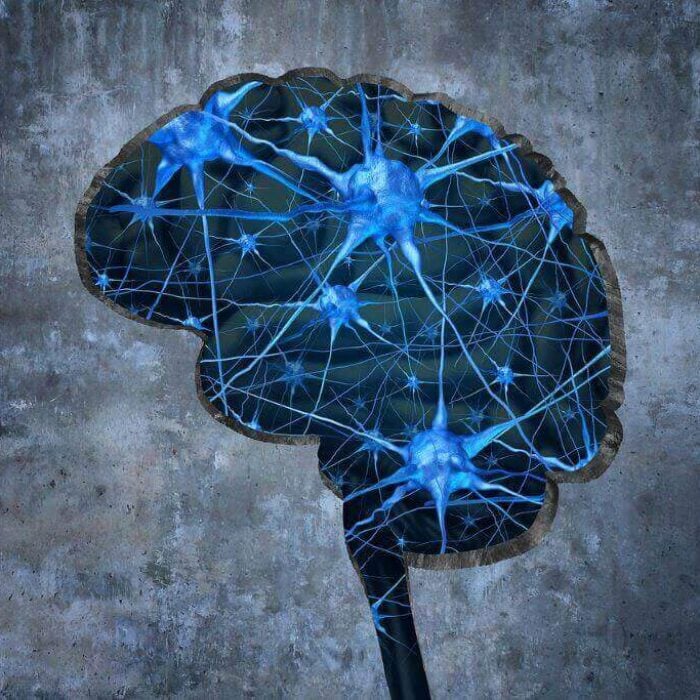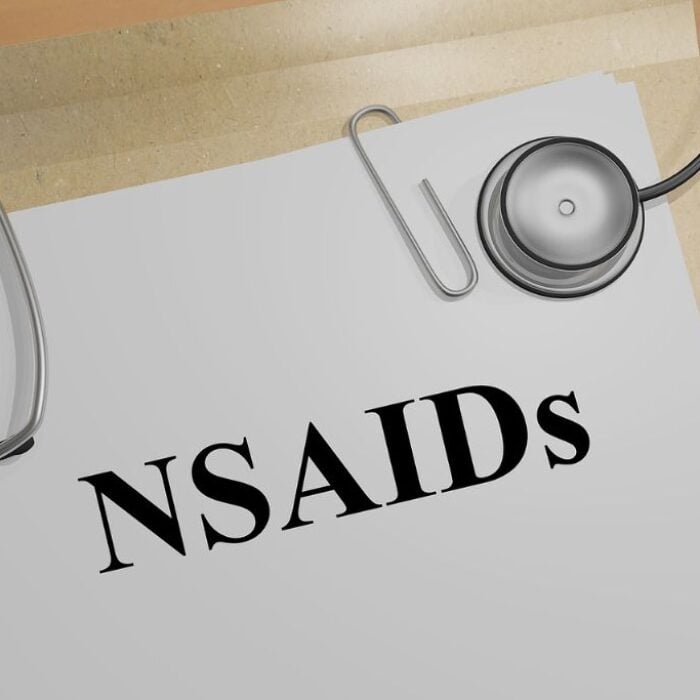LOS ANGELES, Dec. 1, 2015 /PRNewswire/ — Surprising new research shows that the largest segment of the population battling narcotic addiction is not teens or even young professionals. It is older adults, ages 50 to 59 years old. There has been a steady but slight increase in older adults seeking treatment for substance abuse of injection drugs and prescription painkillers over the past few years.
The study, conducted by researchers affiliated with New York University’s School of Medicine (NYUSoM) and New York University’s Center for Drug Use and HIV Research (CDUHR), wanted to clarify and illuminate age trends in opioid treatment programs. The primary focus of the research was to explore these trends in the older adult population.
“Addiction at any age is heartbreaking,” says Michael Lowenstein, M.D., Medical Director for Waismann Method. “However, the emergence of this age group is particularly troubling. After almost twenty years of addiction treatment, we are acutely aware of the unique treatment requirements that can arise in this population because of their increased number of co-existing medical problems. We are committed to doing all we can to best serve our older patients.”
Since 1996, the number of older individuals (age 50 to 59) seeking treatment programs for painkiller dependence and addiction has increased from 2,891 (7.8%) to 12,301 (35.9%) in 2012. Additionally, patients in the 60- to 69-year-old age segment have also increased significantly. The researchers believe that the upward trend in these populations will continue well into 2020 and beyond.
In addition to opioid and painkiller dependence, heroin addiction is another common cause for the patients in this age group to seek treatment. Researchers did not express speculation about why they believe this segment is growing the way that it is. It is clear that more research is necessary.
In sharp contrast to the growth of the 50- to 59-year-old segment, the segments of patients ages 40 and younger have dropped. In 1996, that group was around 56 percent, but by 2012 it had decreased to about 20 percent.
“This problem, specifically among older patients, is quickly reaching epidemic proportions,” says Dr. Lowenstein. “The number of older adults who have substance abuse disorders and the rapidly rising number of these patients entering drug rehab is alarming. Now we must make available medically appropriate programs that can succeed in providing detoxification and drug treatment to this age group in a safe and compassionate manner.”
Painkiller dependence is not new. Most states have stringent requirements and protocols in place for doctors to follow when prescribing Schedule II narcotics. However, there is still work to be done. It is not perfect and that is why it is so important for these patients to have ample access to medical opiate treatment centers like the Waismann Method® that can successfully and comfortably offer assistance to patients who need help with opiate addiction and dependence.
For nearly two decades, the Waismann Method has provided state of the art treatment for opiate dependence. Dr. Lowenstein is recognized internationally as a leader in medical opiate detoxification and rapid detox. He is a quadruple board-certified physician. His board certifications include anesthesiology, addiction medicine and pain management.
Dr. Lowenstein and Clare Waismann R.A.S. work alongside a multidisciplinary team to provide superior services from detoxification to a specialized aftercare, built exclusively for opiate-dependent patients. Domus Retreat, an exclusive rapid detox recovery center and opiate specialized treatment center, offers clients the supportive, compassionate environment that those struggling with addiction need to transition from medical opiate detox to a healthy, fulfilling, drug-free life.
The entire staff at Waismann Method® is committed to providing exceptional care inpatient recovery, through every step of the treatment journey. To learn more about the Waismann Method Treatment Center in its exclusive location-based only in Southern California, please visit www.opiates.com.
Understanding the Long-Term Effects of Opioid Use on Body and Mind
Over the past two decades, the dramatic increase in opioid prescriptions has resulted in a significant rise in their adverse health effects. Often prescribed for both acute and chronic...














